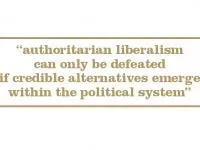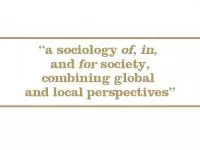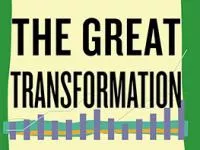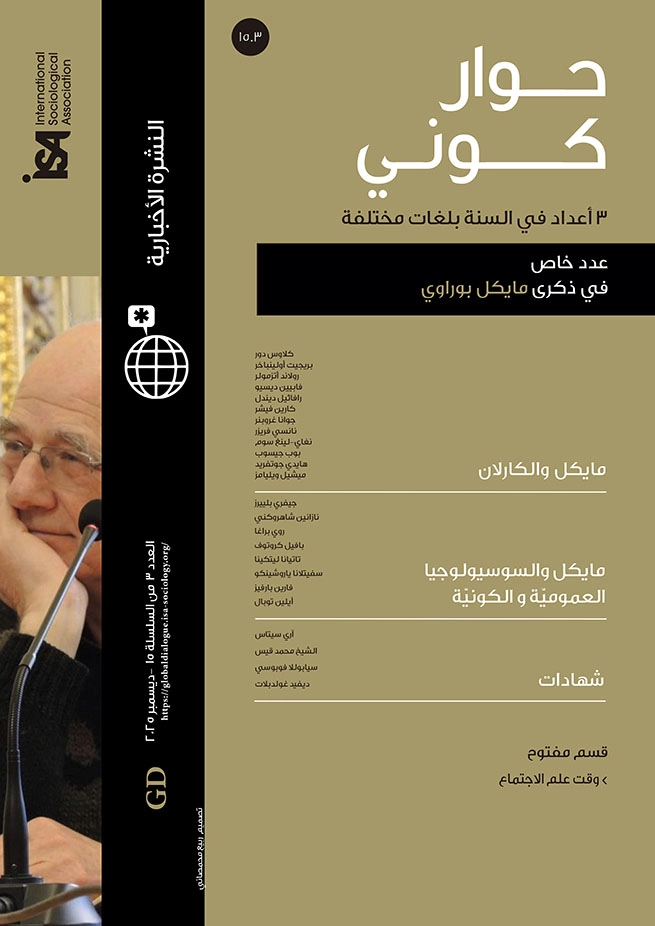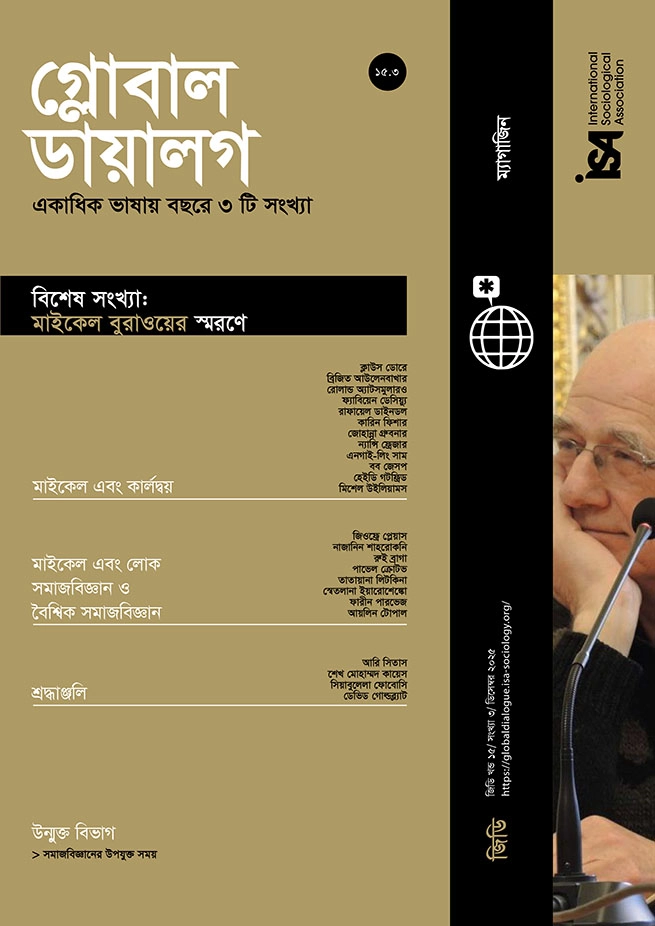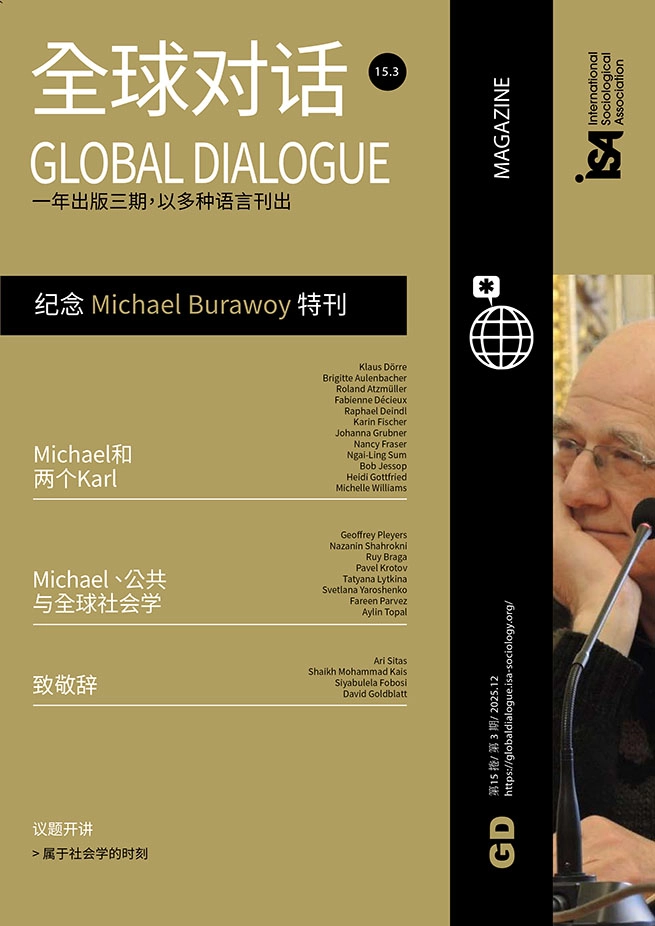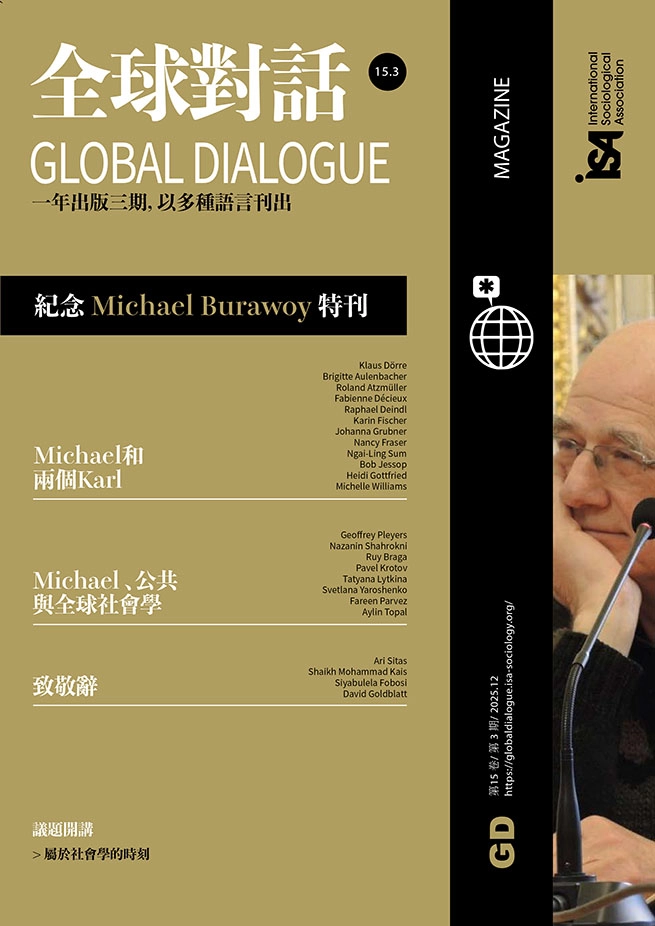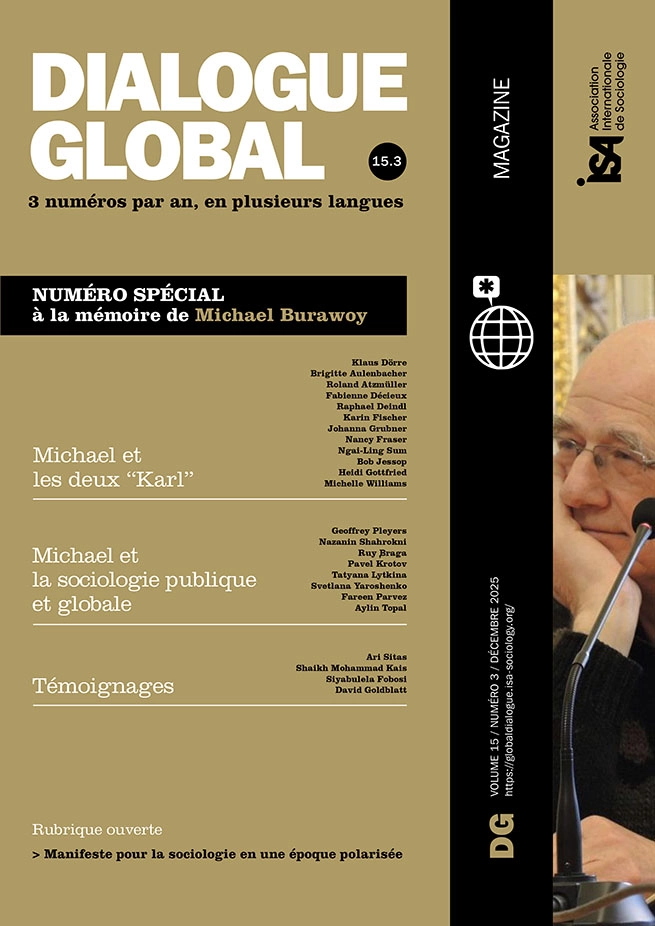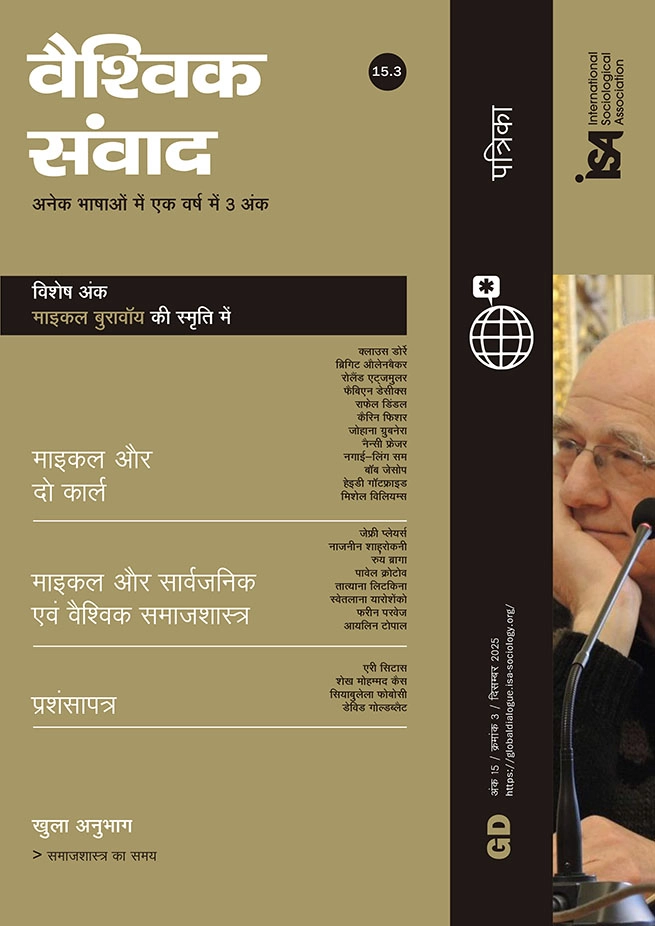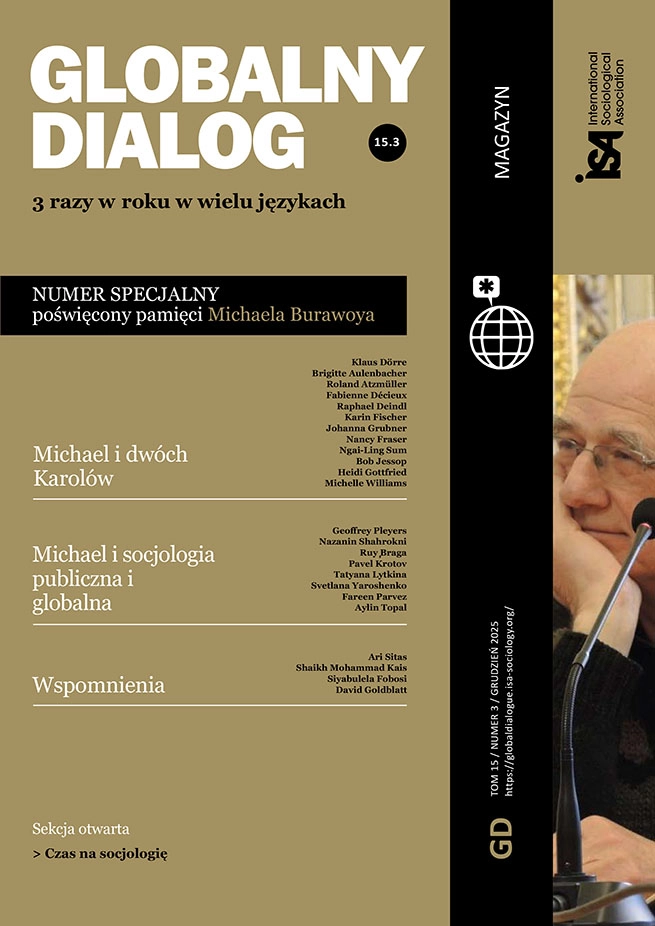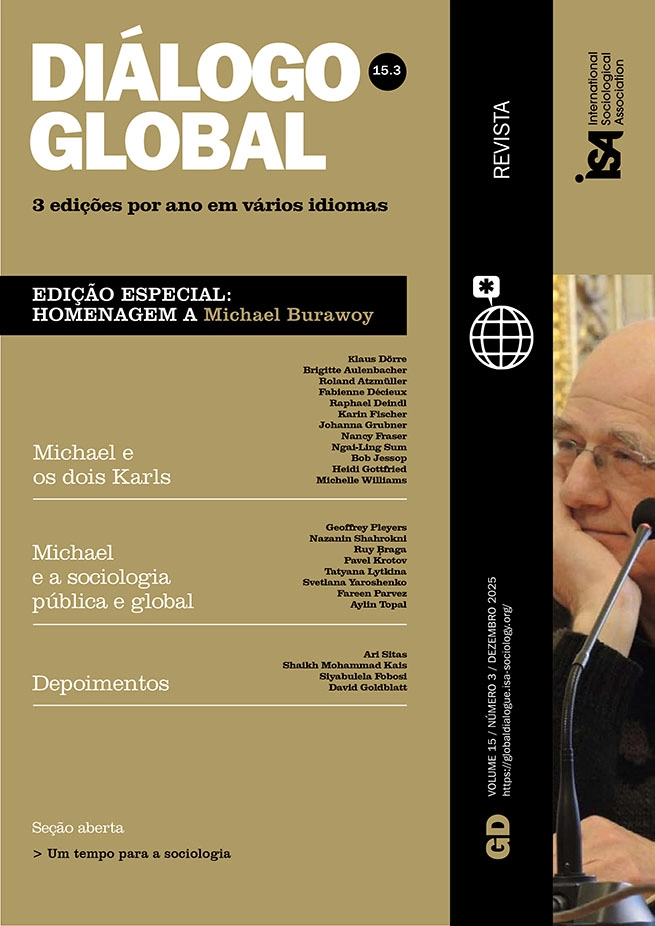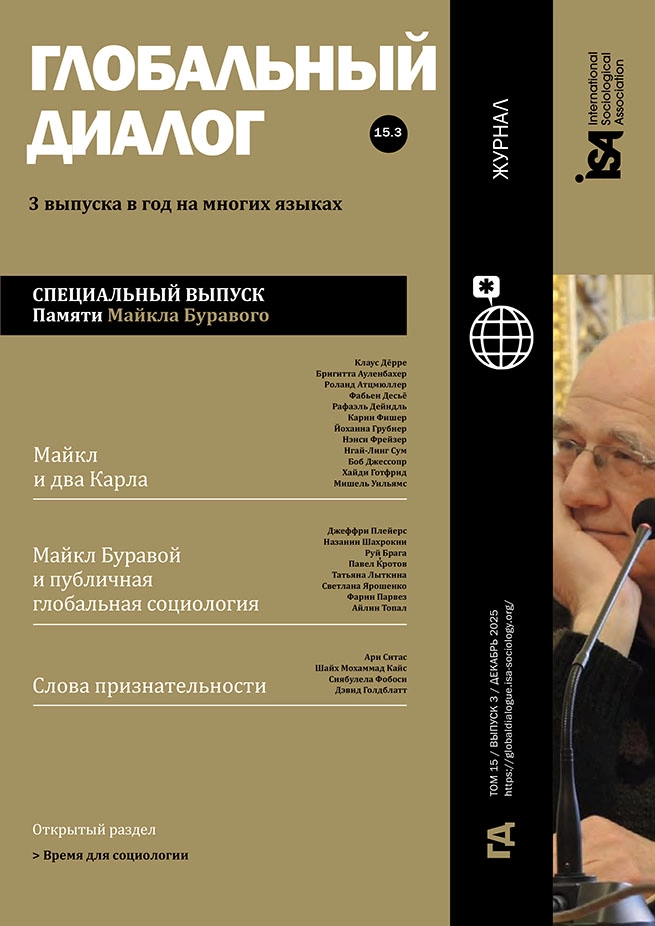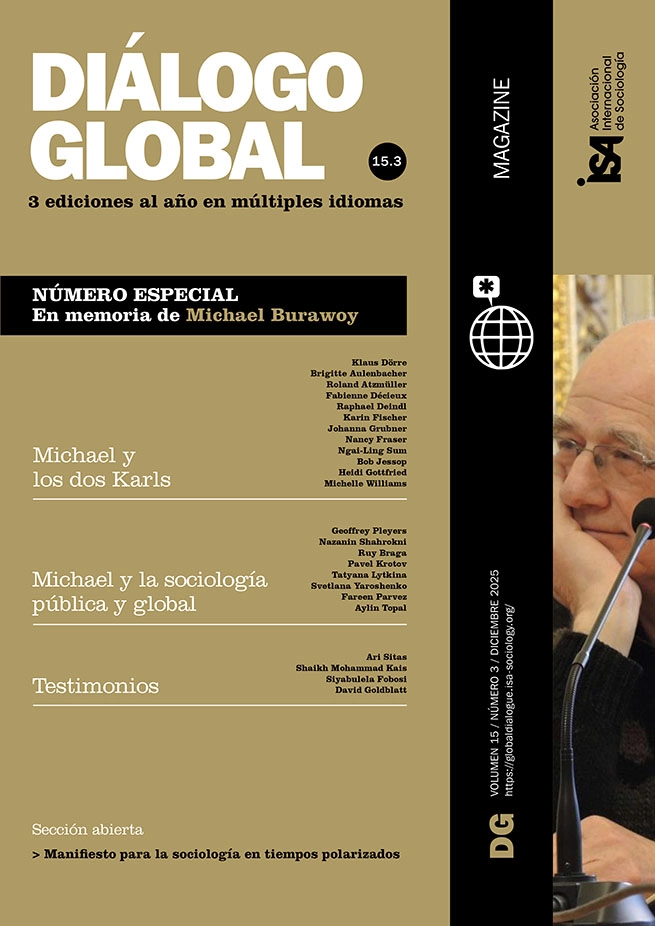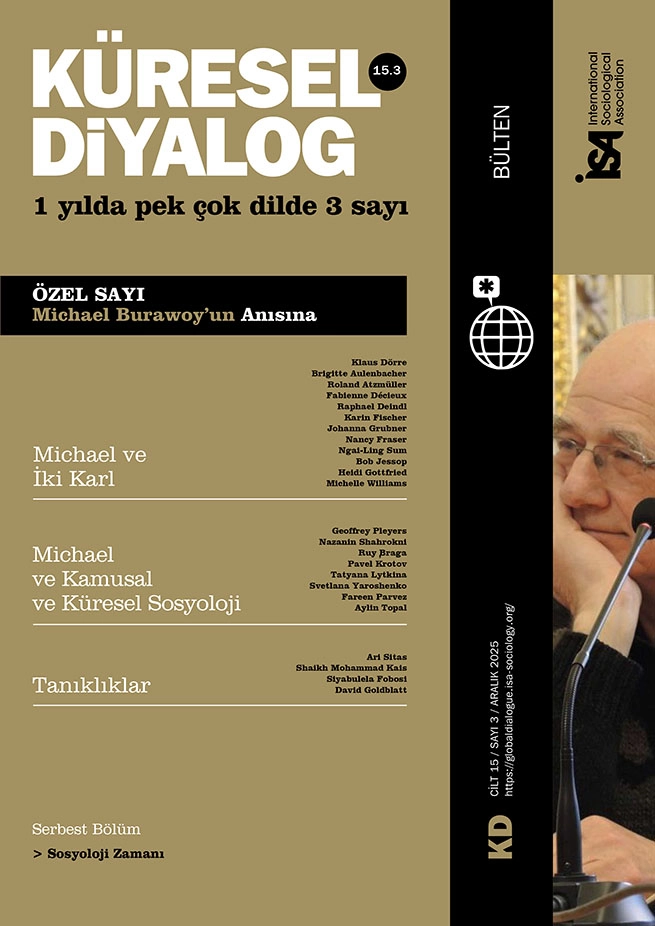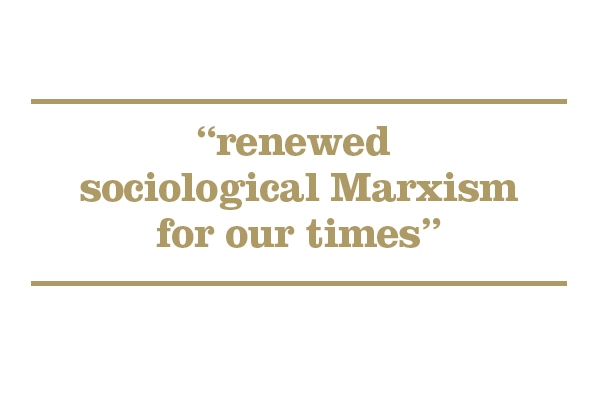Michael’s graduate studies course on ethnography at the University of Wisconsin inspired my own initial research efforts to integrate feminism and the micro-foundations of a Gramscian Marxism in a study of “Flexibility as a Mode of Regulation in the Temporary Service Industry.” His inspiration extended well beyond the merely theoretical, providing practical support for my first ethnographic foray. Michael, who worked from home, became my dispatcher, conveying job placements from the temporary help agency. Thus, my contribution to this special issue draws on a personal connection as well as critical engagement with his work to make visible the lineage of his labor studies in Antonio Gramsci’s prison notebooks and later in conversation with Karl Polanyi.
The ethnographic turn
Regarding these efforts, it’s worth quoting Burawoy’s reflections on Donald Roy, “the sociologist and working stiff,” for the 20th anniversary symposium revisiting Manufacturing Consent. Michael began his rejoinder irreverently arguing that “we should resurrect our ancestors but to exalt them, to put them on a pedestal is to freeze them in time and to miss what makes them significant for the present.” His prescient final words in that essay aptly capture Michael, the mentor, the activist, the scholar: “He began as a sociologist of industrial work but ended up bringing his insights home, exploring new approaches to the work of the sociologist.”
Michael’s legacy does not rest solely on his theoretical contributions. Combining an in-depth case study of everyday life from the Chicago School with the materialist tradition of Western Marxism, Manufacturing Consent anticipated and helped to pioneer the ethnographic turn in Marxism. Later, in Global Ethnography and Ethnography Unbound, Burawoy and his collaborators grounded the artful practice of ethnography in local histories, ranging from welfare offices in Hungary to homeless men on the streets of San Francisco to software developers in Ireland and to nurses transplanted from Kerala, India to Central City, USA. Feminist sociologists deployed Burawoy’s micropolitical perspective in pioneering studies of emotional labor, masculinities and femininities (re)produced in the factory, the office, and the service encounter.
Both Ethnography Unbound and Global Ethnography represent links in the genealogical chain originating in Chicago and the University of Manchester. Global Ethnography rethinks the meaning of the “field” by highlighting the seeming paradox of ethnography as global when the methodology was intended for study of the local, thus freeing ethnography from the constraints of a single time and place. Burawoy then takes readers on a dizzying tour of theorists, including Jameson, Castells, Harvey, and Giddens, in a search of an adequate theory of globalization. In so doing, he excavates shared themes, thereby instantiating globalization in terms of the recomposition of time and space through displacement, compression, distanciation, and dissolution. From these thematic shards, Burawoy pieces together a theory of global ethnography.
Sociological Marxism(s)
A peripatetic intellectual curiosity took Michael on excursions that plumbed the oeuvre of major social theorists to gain insights which renewed sociological Marxism for our times. “A Tale of Two Marxisms” reprises themes developed in the head-to-head matchup of Gramsci and Polanyi. While Gramsci and Polanyi converge in their responses to the contradictions and anomalies arising in particular historical conjunctures, a further excavation highlights different emphases of these two luminaries and their limits. Burawoy recruits Simone de Beauvoir and Nancy Fraser as protagonists in the family drama, acknowledging a theoretical flaw that he fails to fully overcome in his own work. He criticizes both Gramsci and Polanyi for their lack of attention to the family’s internal organization when it comes to understanding the politics of the societies they described. Thus, Gramsci’s touchstone essay, “Americanism and Fordism” allied the function of monogamous families to the management of Fordist production, whereas Polanyi saw the family as a possible bulwark against the destructiveness of the market and the commodification of labor. However, Michael’s feminism stops at the family’s threshold due to its thin theoretical understanding of gendered structures in relationship to class.
The feminist pivot
Inspired by Burawoy, a more robust feminist political economy moves from micro-foundations to macro-structures to theorize the neo-liberalization of care work. Rethinking Polanyi through a feminist lens pivots on the insight that reproductive labor is a fictitious commodity and the countermovement in response to the marketization of care. Care work, in many domains, has become appropriated by markets. The increasing commodification of intimacy interjects more aspects of everyday life and social relationships into the market, where they become swept up into the circuits of capital. Capitalist reproduction involves a complex mix of waged (commodified) and unwaged (uncommodified) reproductive labor for ensuring life-sustaining processes. Unwaged work is just one input into household production that also relies on commodities purchased with money earned from waged work, both of which are necessary for household survival under capitalism. A contradiction, however, exists between the impulse for capital to extract a profit from commodified reproductive activities and the countervailing benefits of noncommodified labor underwriting costs of reproducing patriarchal and racialized capitalist social relations. Class differences (intersecting with gender and migration status) are at the heart of the dynamics of non-commodified and commodified homecare labor. The form of extensive privatization and commodification of reproductive activities rests on class, often coterminous with race. Lower income households rely on informal, non-commodified labor, while higher income households can afford market services, and profit more directly from tax credits and cash payments, but this almost always means highly commodified labor. In this historical conjuncture, counter-hegemonic movements are reimagining the social organization of care and reproductive labor.
Lasting legacies
This short intellectual biography is situated in a similar political milieu haunted by the spectre of authoritarianism. Burawoy’s scientific Marxism, inflected through a Gramscian/Polanyian/feminist lens, demands a critical standpoint for achieving the “real” real utopias envisioned by his friend and comrade, Erik Olin Wright. Threaded throughout, from the Copperbelt in Zambia or the machine shop in Chicago to recent calls for sociologists to speak out on Palestine, is the necessity for historical renderings that reveal linkages between twists in the past that point toward possible futures.
Heidi Gottfried, Wayne State University, USA <Heidi.gottfried@wayne.edu>
